Perspectives from the VOICES project on Covid-19 and water insecurity
How can we do research on water insecurities during the COVID-19 pandemic? What are the lessons towards improving water shortages and hygiene in the Mekong Region? This piece provides perspectives from a recent webinar by the VOICES project team who shared their key findings and experiences.
SUMERNET’s research project called VOICES is looking into the impacts of COVID-19 outbreak on vulnerable and marginalized people’s access to clean water for drinking and hygiene. They listen to these people in the Mekong Region to find more effective ways of meeting their needs and reducing their risks.
The project team comprises researchers and partners from Cambodia, Laos, Myanmar, Thailand, and Vietnam. At the webinar, the team members shared their key findings and difficulties they have experienced in doing research during the pandemic.
Presentations from the project leads
Dr. Louis Lebel from Unit for Social and Environmental Research (USER) of Chiang Mai University presented the key findings according to three research questions considering that vulnerable groups usually face severe water shortage problems that affect their personal and domestic water use including sanitation and hygiene. However, the obstacles to water access include location, rights, and costs and we need to consider on policies and plans to solve the problems. Moreover, the findings found that gender also relates to good handwashing practices as more women wash hands properly than men.
Ms. Hap Navy from Cambodia’s Inland Fisheries Research and Development Institute (IFeDI) reported that the main obstacle during the implementation of the research was the many travel restrictions and lockdowns due to Covid-19 situation in Siem Reap province. However, the research team was able to maintain a high quality of data even though several community groups were in different locations.
Dr. Phoummixay Siharath from National University of Lao PDR (NOUL) said that the two main obstacles for researchers during this time were internet connections during the fieldwork and the use of local language where translation was needed to engage with local people.
He also added that during the rice season, local people encounter piped water shortages, so they need to use more groundwater. This often means the water sometimes may not be good enough for cooking or daily use. He said that more decentralized water systems can ensure that everyone can access to good quality potable water.
Dr. Nilar Aung from University of Yangon highlighted that the key challenge in Myanmar is the political situation along with the internet limitation in many areas. Moreover, ethnic minorities in many provinces face both water scarcity and poor water quality for drinking and washing hands. The communities in the Ayeyarwady Delta possess abundant water, but the water quality is not very good. The delta communities use water from streams and rivers for cooking and drinking.
In Myanmar, obtaining an overall assessment of the quantity and quality of water is not easy. What needs to be improved is policy from the local to the national level. Also, we must raise awareness among local communities about the importance of hygiene for preventing the spread of COVID-19 and the proper ways to wash hands.
Dr. Chau Thi Minh Long from Western Highlands Agriculture and Forestry Science Institute (WASI), Vietnam, said that many ethnic communities in the uplands don’t have access to tap water. Also, women have a more important role than men as women are responsible for taking and sharing water in their community for household consumption. Recently, Vietnam’s government has invested in building deep wells for the upland communities for household water consumption.
Recommendations from SUMERNET
Dr. Chu Thai Hoanh, the mentor for the VOICES project, said the project’s two published papers reflect the excellence of the study and its findings. He highlighted that vulnerable communities should be given priority to access clean water for drinking and hygiene during the COVID-19 pandemic.
Dr. Cynthia McDougall, SUMERNET advisor, provided three suggestions for the next steps of the VOICES project. First, we need to sharpen the findings on norms and gender division of labor as shown in the Vietnam findings or what we consider as the intersectional gender lens. Next, qualitative data must complement the quantitative data as it has more explanatory power unlike only presenting surveys. Finally, we need to consider the issue of framing, which is about water access but also about quantity and quality from a social or gender lens. It is important to decentralize the access to water in each community so that underlying inequalities are removed.
-------------------------
This piece is based on the online webinar “Lessons from COVID-19 for reducing water insecurities: Webinar on VOICES project” on 11 May 2022 at 10:00 to 11:30am (Bangkok time). The webinar shared the results from the VOICES project “Listening to voices on the margins: Lessons from the COVID-19 crisis for improving access to clean water for drinking and hygiene in the Mekong Region (VOICES)”. Around 41 participants joined this session.
Info
This story is part of the following project
Topic
Country
Related people
You might be interested in
-
Handwashing and mask wearing during COVID-19 in water insecure communities in Chiang Mai
This piece is based on the survey results from VOICES project looking at COVID-19 and water insecurity.
![Handwashing and mask wearing during COVID-19 in water insecure communities in Chiang Mai]()
-
Impacts of COVID-19 on access to clean drinking water among water insecure households in Chiang Mai
The impacts of COVID-19 to access of clean drinking water in Chiang Mai residents
![Impacts of COVID-19 on access to clean drinking water among water insecure households in Chiang Mai]()
-
Perspectives on water insecurity challenges of local communities in Myanmar in the midst of COVID-19
Myanmar's local communities groups are facing a range of water challenges in the midst of COVID-19
![Perspectives on water insecurity challenges of local communities in Myanmar in the midst of COVID-19]()
 By
By 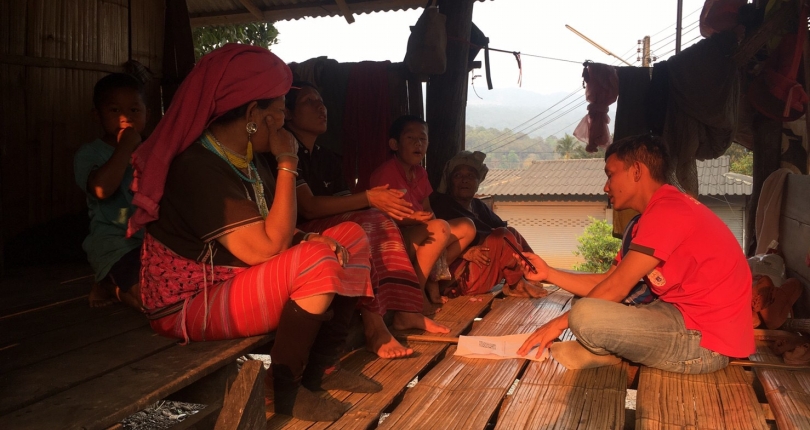
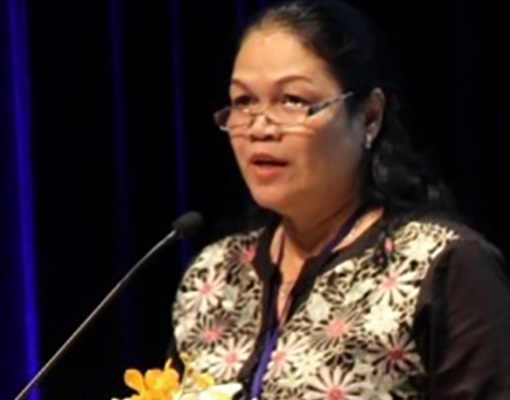
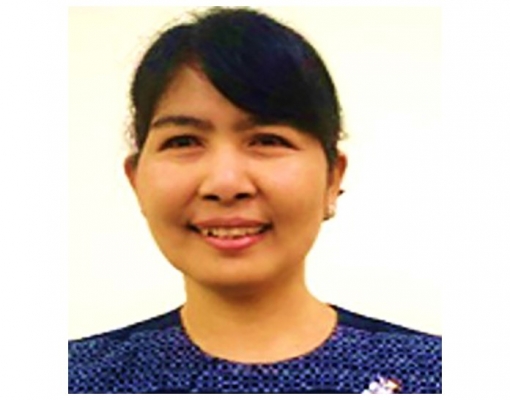
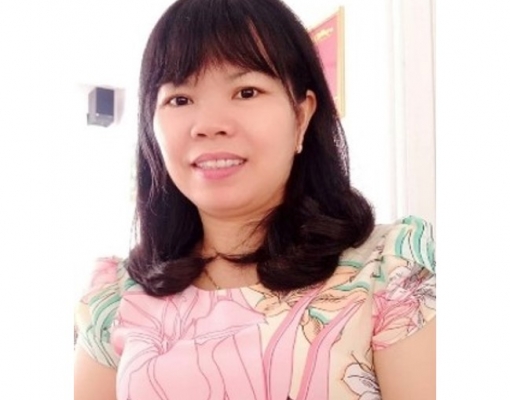
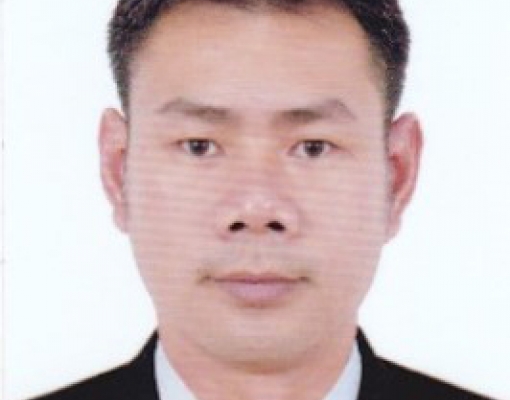

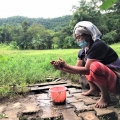
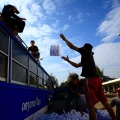
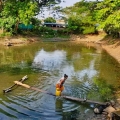
 Read more about SUMERNET
Read more about SUMERNET
